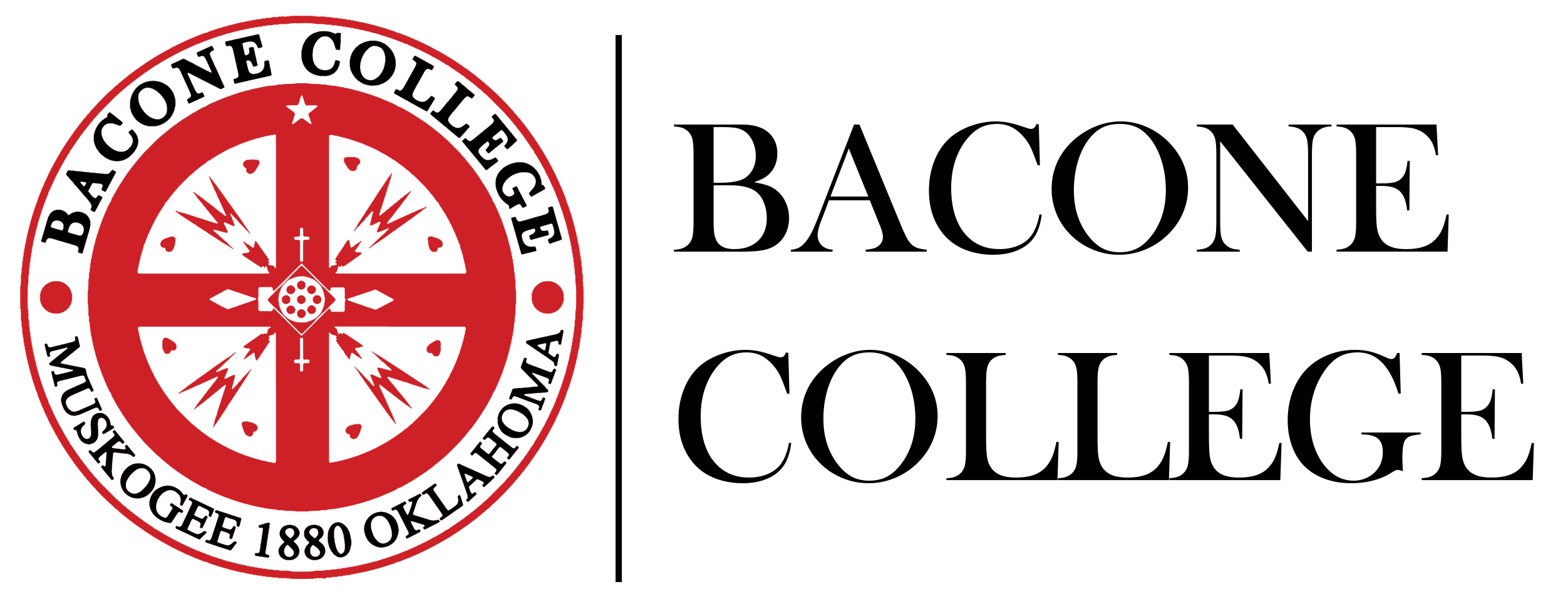
Bacone College Division of Liberal Arts
“The unexamined life is not worth living.” Socrates
Bacone’s Division of Liberal Arts builds on the traditional foundations of the Liberal Arts while offering students individualized academic experiences structured around core and program requirements.
An education in Liberal Arts is broad and diverse. Lower division coursework might best entail three or more Intro-to-Discipline courses which will equip the student with general knowledge and the ability to choose from a number of avenues for more advanced learning in upper division coursework.
Studying liberal arts provides the student with the unique and necessary skill set to succeed in the working world. These “employability skills” include reading, writing, speaking effectively, knowledge of language, critical thinking, problem solving, basic numeracy, information literacy, and the ability to continue to learn for life.
For more information on available concentrations, please contact Linda Jordan, English Specialist and Chair, Division of Liberal Arts, at [email protected].
Division of Liberal Arts Student Learning Goals and Outcomes
Student Learning Goals:
1. Critical Thinking
2. Reflective practices and service
3. Effective written and spoken communication
4. Competency in specialty and across a range of disciplines
5. Intercultural competence
Student Learning Outcomes:
1. Critical Thinking:
• Identify and evaluate problems and information, and develop effective solutions through understanding, examples, interpretation, analysis, explanation and synthesis;
• Support conclusions with fact;
• Distinguish relevant from irrelevant information;
• Demonstrate flexibility and imagination in problem-solving and conflict;
• Develop innovative solutions;
• Open to new information, beliefs and ways of being;
• Identify connections and relationships between information and ideas.
2. Reflective practice and service:
• Develop greater self-awareness and personal responsibility;
• Identify the connection between behavior, academic performance and real-world consequences;
• Using the practice of reflection, transfer the imaginative structuring of experiences, behaviors and knowledge to problem-solving in real-life;
• Explore and deepen religious and spiritual beliefs and practices;
• Value the complexities of the human experience and the diversity of cultures, beliefs and practices;
• In conjunction with service learning, develop the practice of responsibility to self, community and society.
3. Effective written and spoken communication:
• Compose prose characterized by clarity, coherence and proper syntax;
• Compose prose characterized by clarity, coherence and proper syntax;
• Recognize the importance of audience, context and purpose in both written and spoken communication;
• Utilize evaluation, interpretation, explanation, synthesis and creation in appropriate circumstances;
• Produce well-organized fact-based written and spoken communication controlled by a thesis, exploratory question or specific purpose (for example, business vs. personal);
• Use reflective writing to enhance intellectual discovery and clarify thought and expenence.
4. Competency in specialty and across disciplines:
• Acquire foundational and advanced knowledge in specialty or specialties chosen by student;
• Demonstrate this knowledge through written and spoken works;
• Relate this knowledge to and integrate with other Liberal Arts disciplines.
5. Intercultural competence
• Self-awareness and awareness of others;
• Emotional intelligence, including willingness to articulate personal beliefs, values and biases;
• Comfort with ambiguity, multiple perspectives and “not knowing;”
• Acknowledge validity of written, verbal and non-verbal communication patterns across cultures;
• Acknowledge validity of differing cultural practices and beliefs;
• Interact with people of other cultures to develop greater understanding and appreciation.
